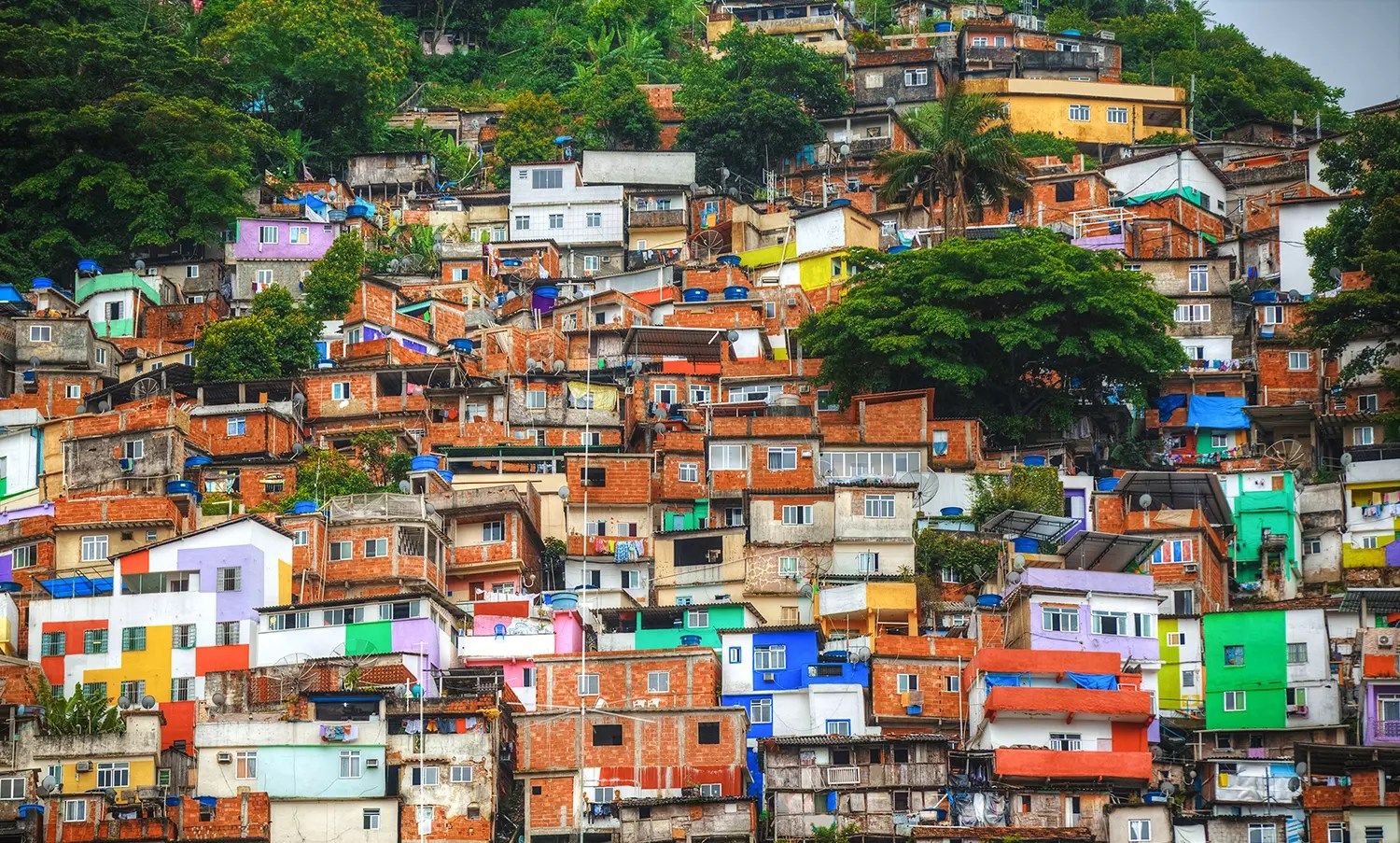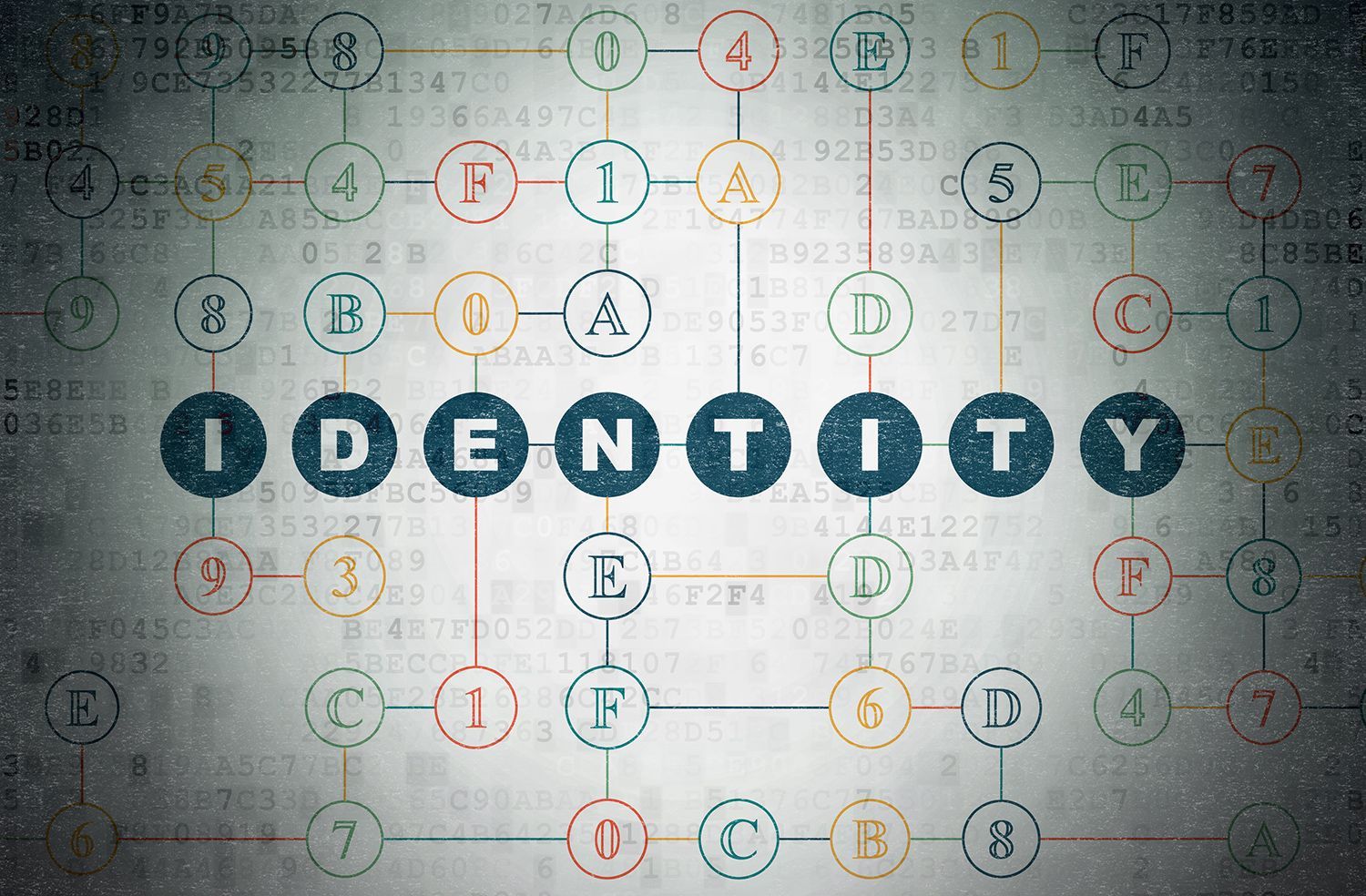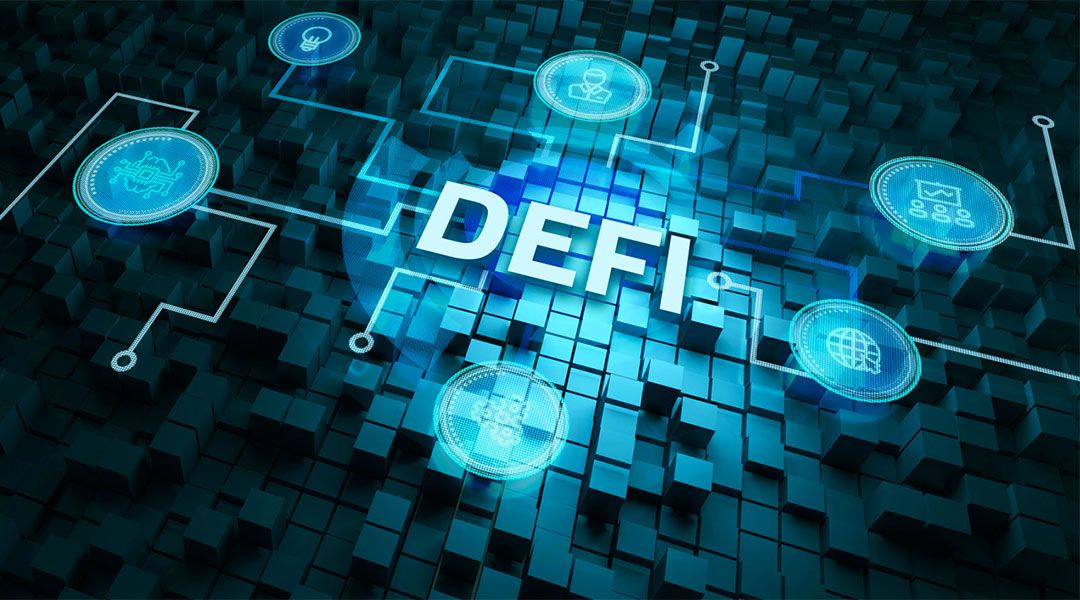How Blockchain Could Contribute to Ending Poverty in All Its Forms

Technological advancements have reduced global poverty significantly in the past 100 years. Many people have been able to leave poverty due to this. However, more than 1.3 billion people still live in extreme poverty. Extreme poverty is defined as having less than $1.25 to spend every day. There are a wide variety of causes for poverty, which differ per country. In general, causes for poverty include lack of education, environmental problems, lack of access to banking facilities, lack of legal ownership of property, lack of rule of law, overpopulation, epidemic diseases or changing trends in a country’s economy.
Overcoming poverty is vital if we want to create a world that is peaceful and fair for everyone. Besides, in 2015 the United Nations adopted the Sustainable Development Goals, which includes challenging global leaders to help end poverty in all its forms, everywhere, by 2030. In this article, I will argue why and how Blockchain could help in achieving this goal. Breaking the cycle of poverty begins with investing in children and providing them with quality education, knowledge and skills to enable them to realise their full potential. Next to education comes access to affordable, proper, health care, access to clean water and sanitation. Last but not least, economic security which is where Blockchain comes in.
Economic security includes registration of property ownership, access to banking facilities and a fair and transparent rule of law, which includes rules that everyone understands and respects. Especially in developing countries, these three economic securities (property ownership, access to banking facilities and the rule of law) are often lacking. As a result, these countries often have a large informal economy, which results in less respect for ownership or financial and legal rights, making it expensive to abide by the law.
Informal economies
Informal economies exist in every country of the world, but take up a larger chunk of the gross domestic product (GDP) in developing countries. The informal economy is the part of the economy that is neither taxed or controlled by any form of government. The larger the informal economy; the more insecurity exists for citizens, which can result in unrest and poverty. Due to lack of data, determining the size of the informal economy is difficult. However, Mexico determined in 2014 that the informal economy contributed on average 26 per cent to their GDP over the decade from 2003 to 2012. That’s a large chunk of the economy that is not controlled or monitored and as such affects millions of people.

Image: kdalsin/Shutterstock
As mentioned, an informal economy often exists due to the lack of economic security and the high costs of doing business legally. According to research by McKinsey, emerging-market businesses face administrative costs three times as high as their counterparts in developed economies. In addition, famous Peruvian economist Hernando de Soto Polar, who is known for his work on the informal economy, views that property ownership rights are vital for a strong market economy. De Soto argues that without adequate participation in an information framework that records the ownership of property and other economic information, poverty is difficult to overcome. Next, to the absence of property rights, lack of the rule of law and lack of access to banking facilities facilitate the growth of an informal economy, as it drives up the cost of doing business legally.
Unfortunately, economic insecurities and poverty have a negative side effect. Many different organisations try to help the poor, all with the best intentions. However, these organisations are operating in silos. Each of them has its own database with information on the citizens they try to help. As a result, there is no centralised overview, leaving the person in need without any information or credit history that could be used to improve their situation, while requiring each organisation to maintain their own database. Thus, being poor is often very expensive, resulting in a negative vicious circle and an increase in poverty in already poor countries.
Reducing Poverty with Technology
Increased access to banking, availability of the rule of law and respect of property ownership reduces the size of the informal economy. Reducing the informal economy has significant advantages including increased government protection for consumers, accumulating government pensions for workers, increased job security for workers and enabling companies to grow bigger, all contributing to reducing poverty. In addition, creating a centralised database for the poor makes being poor a lot less expensive.
The objective, therefore, should be to make it super easy for ordinary people to play the game legally. The emergence of Big Data Analytics, Artificial Intelligence and Blockchain can contribute to this enormous quest to reduce poverty on a global scale. Let’s have a look:
Ensuring Property Ownership
Correctness and completeness of property ownership registration are vital as well as preventing unauthorised, fraudulent changes to data records. As such, Blockchain technology is perfectly suitable to register ownership of property, of anything digital and non-digital. It will protect the rights of the owner (in the case of theft), will enable easy resolve of disputes, will enable the correct transfer of ownership after a sale and will prevent fraud.
Already, multiple countries are considering the possibility of adopting Blockchain technology to register and record land title ownership. Countries such as Sweden, Honduras and Georgia have tested blockchain technology, although Honduras’ attempts have stalled. They are developing a land registry that is transparent, enables easy registration and respects land ownership. Registering property ownership, such as land titles, on the blockchain has multiple advantages such as significantly reducing manual errors, while improving security processes for transferring documents, mortgage or contracts.
Blockchain enables irreversible records of ownership because once data is on the blockchain, it can no longer be tampered with. In addition, the usage of smart contracts will enable automatic transfer of ownership if the right conditions have been met, protecting the seller as well as the buyer from fraudulent actions. Therefore, Blockchain ensures easy and safe registration of property ownership. When property ownership can be proven easily, the person has a better chance to prosper in a capitalist society:
“With titles, shares and property laws, people could suddenly go beyond looking at their assets as they are — houses used for shelter — to thinking about what they could be — things like security for credit to start or expand a business.” — Hernando de Soto
Once owners have been able to document their ownership, it gives them a possibility to prove their existence, which in turn increases the possibility to access banking facilities.
Access to (Cheap) Banking Facilities
Financial inclusion is an important step towards reducing poverty. It offers people more freedom to save and spend money on how, where and when they like. Unfortunately, for poor people, it has become very difficult to open a bank account and/or get a loan to improve their lives or build a business. Either they don’t have the right ID, or they don’t have a credit history, which makes it nearly impossible to get access to banking facilities. As a result, they are forced to save in livestock, which obviously is not very liquid if essential items such as medicine need to be bought. In addition, a transaction fee of $0,50 on credit card purchases, represents almost half of the daily income for the extreme poor who live off $1,25 a day.
Blockchain technology is rapidly changing this, something we can already see with Bitcoin. Bitcoin enables everyone with an internet connection to open a wallet and start receiving and sending money. Without the need for an ID or a credit history. For many developing countries, this might be nothing new. They have been using pre-paid mobile phone minutes as a currency for years. Mobile airtime minutes, or credits, can be transferred between phones, dealers or shown to owners to purchase or barter for goods and services. This is similar to tokens on a blockchain, albeit less secure and more receptive to fraud.
When Blockchain and tokens are used, it offers a wide variety of new products and services for the poor, for a fraction of the costs. This could significantly improve their lives. Examples include microloans, or payday loans, for a fraction of the costs of traditional (payday) loans. The company Wayniloans developed a bitcoin lending platform, which is gaining traction in Latin America. They offer multiple loan services, including cash advance, peer to peer, and business loans, using the bitcoin blockchain for a much low rate than traditional lending companies.
Another area that can drastically improve the lives of the poor is Blockchain-enabled remittances. Today, over $410 billion in remittances flow to developing countries, with an average cost of 8.4 per cent and up to 12 per cent in certain regions. Remittances are expensive, opaque and a recurring transaction of necessity. The costs are borne predominantly by the poor. Blockchain can offer enormous improvements in cost-savings for the poor who send money to family in another country. Not surprisingly, there are multiple startups and organisations, including the United Nations, who are developing blockchain-based remittance services. A blockchain-based remittance service uses a crypto coin to transfer money instantly across the globe for a fraction of the costs and uses local agents to exchange the crypto coin into the local fiat money that can be used by the receiver. Instead of days and costing a fortune, it takes minutes and is nearly free.
Blockchain and the Rule of Law
The rule of law means that a country and its people should be ruled by law and obey that law, including the government. In addition, the law should be such that people will be able, and willing, to be guided by it [1]. I.e. it means that both the government and citizens know the law and obey it. The rule of law is the principle that law should govern a nation and not arbitrary decision of individual government officials. Therefore, the lack of the rule of law will increase the informal economy as it becomes more expensive and difficult to doing business legally.
Obviously, a country’s law cannot be stored and enforced through a blockchain in its entirety, but separate aspects of it can when adopting smart contracts or Ricardian contracts. Already, Blockchain is having a profound impact on the legal industry and lawyers are trying to understand how it will affect their business. Blockchain and smart contracts can be used to transform legal contracts into the code, which are understandable and indisputable across legal jurisdictions.
As mentioned earlier, I like to refer to smart contracts as If This Then That statements, although a lot more complex. These are software programs that use Boolean expressions and algorithmic determination to perform certain actions. Smart contracts automatically execute once pre-set conditions have been met. As a result, cannot be ignored. Too often contracts are simply ignored, payments delayed or bluntly refused. Disputes need to be resolved in court, costing a lot of time and money for parties involved. Smart contracts, if developed correctly and securely, could prevent this; the contract will automatically execute once certain pre-set conditions have been met. As such, it becomes easier for organisations and citizens to obey the law and agreements that have been made, making it cheaper to play by the rules and reducing the informal economy.
Of course, there are many technical and organisational challenges that need to be solved and not all contracts can be transformed into Boolean expressions. Smart contracts cannot operate in a vacuum, and the legal framework remains important. However, when smart contracts become common in developing countries, the potential is enormous.
Decentralised Identity
Blockchain enables multiple stakeholders to access, as well as add or update, records in a shared database. The major advantage is that those organisations that are part of A, public or private, blockchain always have an up-to-date, single version of the truth. For the financial services industry, this reduces settlement times, costs and the risks of fraud and errors. However, those same benefits apply to (not-for) profit organisations that aim to help the poor.

Image: Maksim Kabakou/Shutterstock
Especially in developing countries, multiple organisations try to help the poor, and sometimes they assist the same people over longer periods of time. However, since data about these relationships resides in silos, it cannot be used to build up a credit history or other important evidence required to get things done, get access to money or transfer ownership of property. If multiple organisations would use the same, distributed, database, citizens could build up a profile that could be very useful to them. This will save them a lot of time and effort as they do not have to constantly provide their details and update them across multiple organisations.
Many Blockchain startups are already working on developing a blockchain-powered digital identity, which could be used across organisations and eventually even across borders. Companies working on solutions include ShoCard, BitNation and BanQu. ShoCard builds a blockchain-powered identity system that enables individuals, business and governments to establish, verify and exchange identity information in a private and secure way, while BitNation focuses, among others, on providing identities for refugees. BanQu is an identity platform based on the blockchain that enables individuals to create a personal digital profile comprised of various personal, financial or other records to build a 360-degree economic profile that can be used across organisations.
Once multiple charities start collaborating, using the same shared database, it could make the entire process of helping the poor a lot more efficient, effective and cheaper. This would improve the lives of the poor as it gives them an economic profile that could be used for various other activities.
The Future of Poverty
The future of poverty should be non-existing, meaning that as per the UN goals, by 2030 poverty is gone in the world. Big Data Analytics, Artificial Intelligence and Blockchain will enable us to achieve this audacious goal, but only if multiple organisations across the globe are collaborating.
“The poor don’t lack capital; it’s that they can’t monetize it. Fixing that, is the most important thing you could ever do to foster economic growth.” — Hernando de Soto
If they do, property on the blockchain could prove ownership of, for example, a house or a piece of land. A distributed ledger containing a tokenised 360-degree economic profile of citizens, which is used by multiple organisations, could provide a (credit) history for the poor. The combination can be used to obtain a loan, instantly, through a blockchain-powered financial institution at very low costs, which will enable the poor to improve their lives and create or grow their business.
With the right smart contracts, the rule of law can be enforced automatically, reducing the informal economy as doing business legally becomes easier and cheaper. This could improve governmental regulation, increase tax received, which in turn could improve the stability and economy of a country. Blockchain can truly be a paradigm shift for the poor, giving them the opportunity to improve their lives, to monetise their (digital) capital and leave poverty behind.
Blockchain: Transforming Your Business and Our World
If you are interested in learning more how blockchain can help solve poverty and can contribute to fixing our identity system, reduce the effects of climate change, fight corruption, tax evasion and censorship, can improve democratic processes and make fair trade truly fair, please read my book Blockchain: Transforming Your Business and Our World.
[1] Geoffrey de Q. Walker, The rule of law: foundation of constitutional democracy, (1st Ed., 1988).
Image credit: Skreidzeleu/Shutterstock





